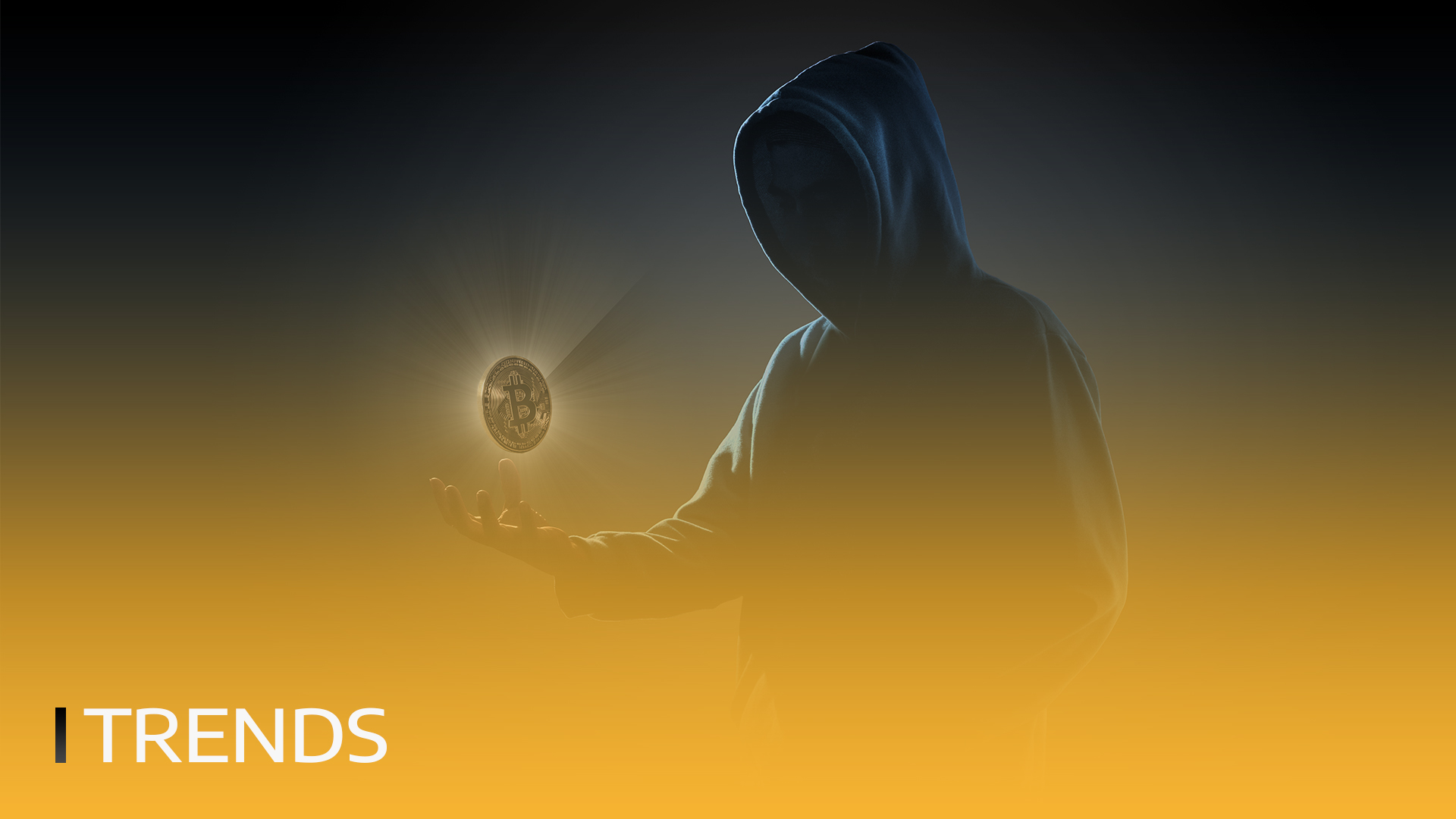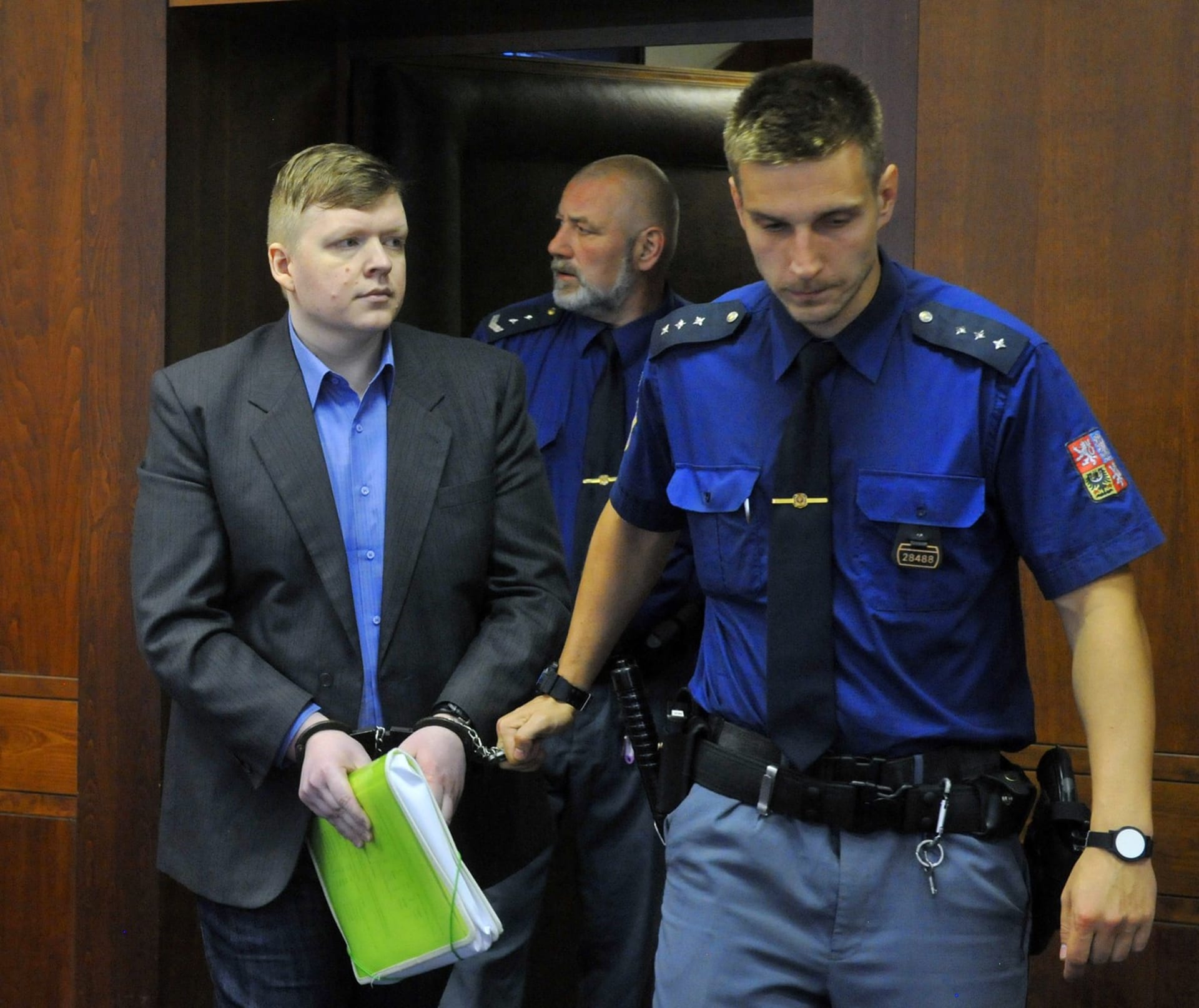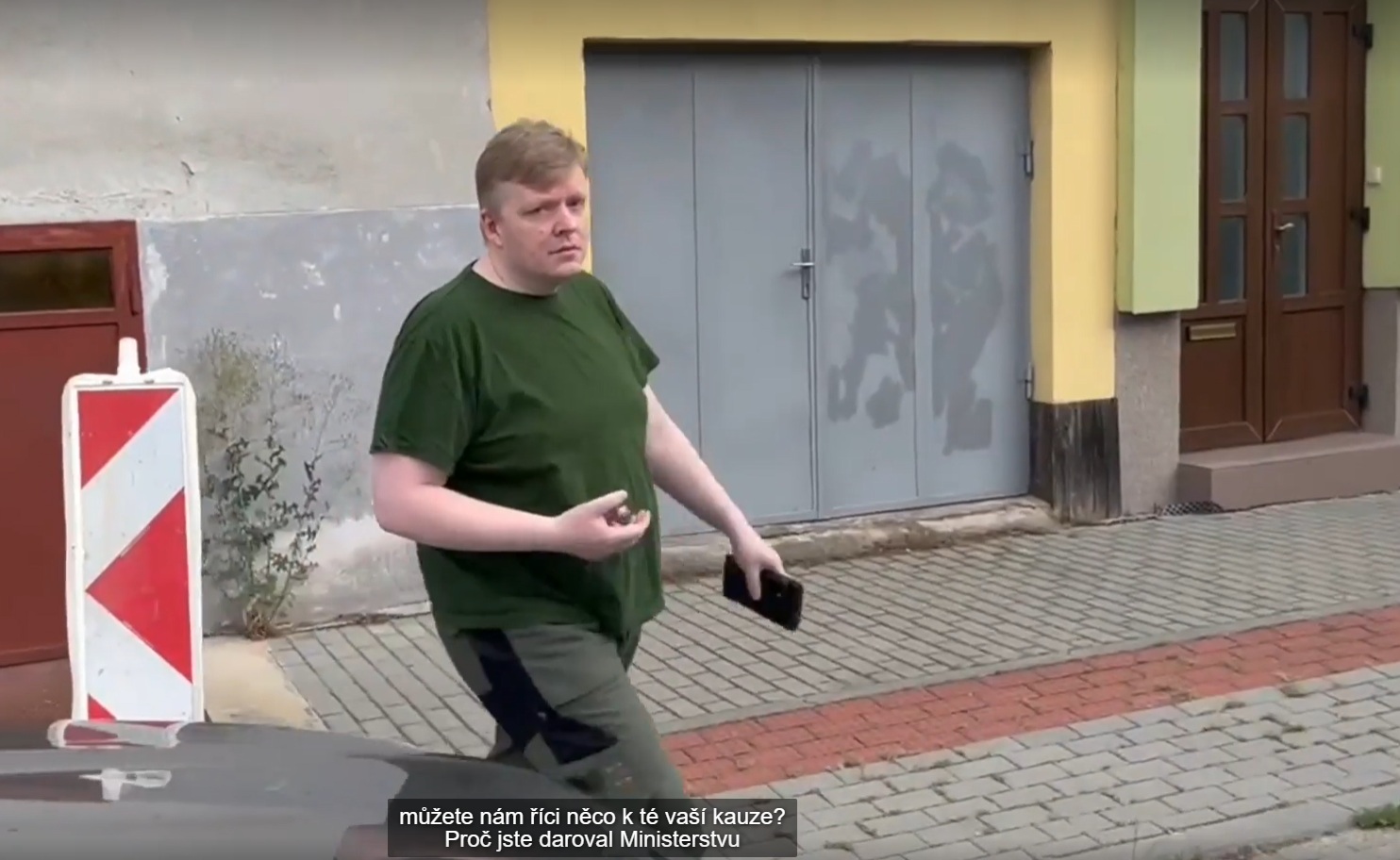From Locksmith to Bitcoin Millionaire to Crime Desperado

Czech Bitcoin scandal affects government and parliamentary elections. Poisoned crypto can hardly be exchanged for regular fiat money. This is a case where locked bitcoins made their owner a billionaire, but in the end, they are of no use to him.
The Czech Bitcoin case broke out at the end of May this year, when Czech media reported that the Ministry of Justice had received a bitcoin donation worth around USD 180 million. The problem was that the cryptocurrencies were most likely of illegal origin.
Darknet criminal record
The story began in 2013, when Tomáš Jiřikovský, a former locksmith and self-taught programmer, launched the darknet marketplace Sheep Marketplace. At the end of November 2013, the marketplace was hacked, resulting in users losing thousands of bitcoins. Jiřikovský managed to steal more than 840 bitcoins from users’ wallets and shut down the site. The following year, a new darknet marketplace focusing on drugs, called Nucleus Market, was launched.
In spring 2016, Jiřikovský was arrested and charged with drug distribution, bitcoin theft, and illegal arms possession. In September 2019, he was sentenced to nine years in prison. According to the verdict, he embezzled 840.7 bitcoins, then worth about USD 680,000. However, the court proved he had received at least 1,519 bitcoins from operating Sheep Marketplace. All of these bitcoins were obtained illegally, whether through embezzlement or commissions from darknet transactions.

Tomáš Jiřikovský in front of the court, 2018 — Source: ČTK
The case resurfaced in 2021, when Jiřikovský was released early after the court granted a sentence reduction. However, Jiřikovský remained on probation, which was due to end in November 2026.
The BTCs are still there – but how to get them?
Here’s where the story takes a twist: Jiřikovský’s bitcoins were never confiscated. Instead, they were “sleeping” on computers seized at the time of his sentencing. Realizing their value had skyrocketed, he sued for their return. The state eventually released the computers after a Supreme Court ruling.
At that moment, the story took a new turn. Quite naturally, Tomáš Jiřikovský wanted to convert the bitcoins—accessible only through his returned computers—into cash. The problem is that bitcoins obtained through illegal transactions are traceable. If he tried to use a cryptocurrency exchange, the transaction would likely be blocked, as a red flag would immediately be raised, causing him to lose access to the funds.
An unprecedented gift
In May 2025, the media reported that the Czech Ministry of Justice was to receive a bitcoin donation worth around CZK 1 billion (approximately USD 50 million) from Jiřikovský. The obvious question was: what was in it for him? Jiřikovský claimed it was simply a gift from a reformed criminal to the state. However, some experts believe the real motive was to obtain an implicit “government stamp” of legitimacy for the bitcoins, enabling him to convert the rest into cryptocurrencies.
This maneuver, however, may have put a target on his back. Those who lost bitcoins in 2013 may have taken an interest in him once again. Jiřikovský left Czechia shortly after the story broke, reportedly traveling to Asia.
According to recent reports, he reappeared at his residence in the city of Břeclav at the end of July. It remains unclear where the locksmith-turned-amateur programmer—and now crown billionaire (multi-millionaire in USD terms) who cannot spend his wealth—has gone. It is likely, however, that he is concerned not only for his life but also for the safety of his loved ones.

Tomáš Jiřikovský in Břeclav, 2025 — Source: Seznam Zprávy
This case highlights the fine line between the legal and illegal sides of the cryptocurrency world—and the importance of knowing the origin of bitcoins and other cryptocurrencies before purchasing them. Investors should therefore use only verified exchanges or investment platforms—if only to protect the safety of their savings.
You might also be interested in
Don’t miss any crypto news
Subscribe to our Newsletters - the best way to stay informed about the crypto world. No spam. You can unsubscribe anytime.
Please enter your email address
Email is invalid
Read how we process your data in our Privacy policy.
Thank you for subscribing 😊
Subscribe to our Newsletters - the best way to stay informed about the crypto world. No spam. You can unsubscribe anytime.
If you have any questions about cryptocurrencies or need some advice, I'm here to help. Let us know at [email protected]